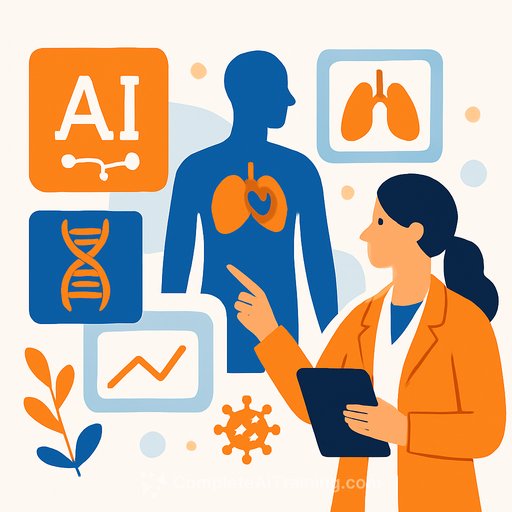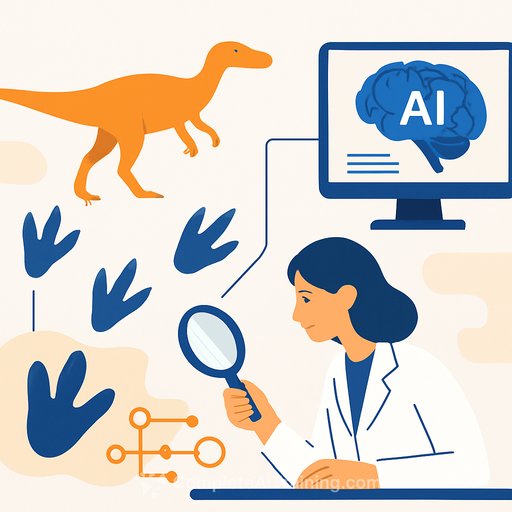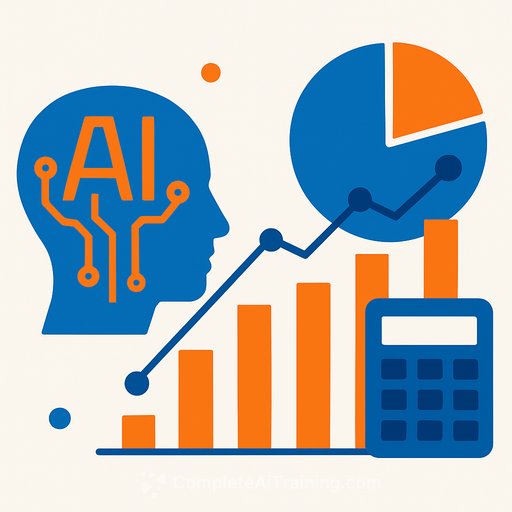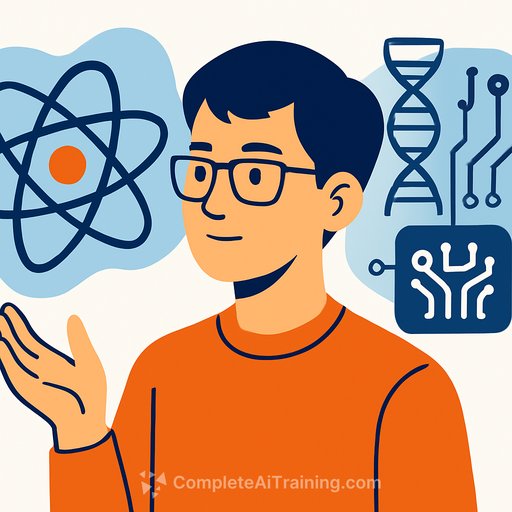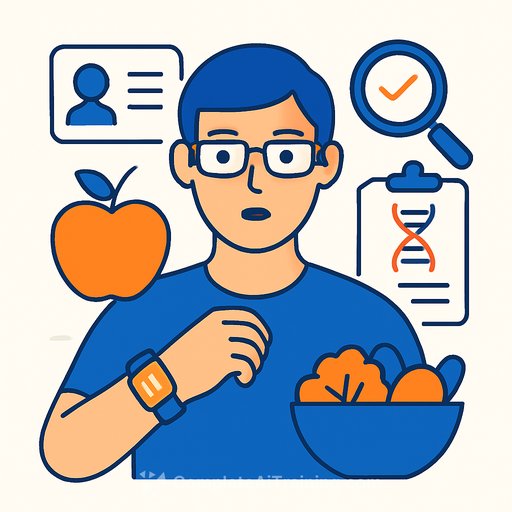Predicting Disease with AI: The Human Phenotype Project
Researchers at the Weizmann Institute of Science in Rehovot are leveraging a massive medical database to predict diseases before they develop. Their goal is to delay or even prevent illnesses by creating personalized "digital twins" using artificial intelligence (AI).
Many of us mentally evaluate different scenarios before making important decisions, but predicting how a treatment or lifestyle change will affect our health is far more complex. The team led by Assistant Prof. Smadar Shilo and Dr. Lee Reicher has developed AI models that simulate an individual’s health trajectory, enabling early detection of disease risk and personalized preventive care.
Building the Digital Twin
The foundation of this work is the Human Phenotype Project (HPP), which has collected detailed medical data from over 13,000 participants worldwide. Initially launched 35 years ago to explore human genetics, the project now integrates environmental factors, microbiome data, aging, and lifestyle to provide a fuller picture of health beyond genes alone.
Israel's diverse population offers a unique advantage for this biobank, with extensive ethnic variety concentrated in one region. Since its relaunch in 2018, HPP has expanded from an initial target of 10,000 participants to over 30,000 enrolled, with plans to reach 100,000. Branches have also been established in Japan and the United Arab Emirates to capture broader ethnic and environmental diversity.
Comprehensive Data Collection
Participants undergo thorough medical assessments every two years over a 25-year span. These evaluations cover 17 body systems and include:
- Body measurements and nutritional logs
- Ultrasounds and bone mineral density tests
- Voice recordings and home sleep studies
- Continuous glucose monitoring
- Gene sequencing and cellular protein analysis
- Microbiome analysis from gut, vaginal, and oral samples
This longitudinal profiling gathers data on medical history, lifestyle, metabolites, immune system activity, and more. While initially focused on adults aged 40 to 70, the study now welcomes younger and older participants to enrich its dataset.
AI Models and Biological Age
Traditional medicine compares test results to average values based on age and sex. However, biological aging varies widely among individuals. The HPP team developed an AI model that evaluates physiological changes across body systems to calculate biological age — a better indicator of health status.
Using AI developed by Pheno.AI in Tel Aviv, the model assigns scores to each system, comparing them to expected values for a person's chronological age, sex, and body mass index. A higher biological age indicates increased disease risk.
Notably, the model revealed differences between men and women in aging patterns. Women experience an accelerated biological aging phase during their 50s, linked closely to menopause, which affects bone density and other health markers. Early detection enables timely interventions such as hormonal treatments.
Early Disease Detection and Microbiome Signatures
The project also identified unique microbiome changes associated with conditions like breast cancer, inflammatory bowel disease, and endometriosis. These microbial "signatures" offer potential for earlier diagnosis and targeted therapies.
The Future of Personalized Medicine
The ultimate aim is to integrate all collected data into a unified AI-driven digital twin for each participant. This model, currently in development, will predict future medical events and suggest preventive strategies tailored to the individual.
The training method involves withholding specific pieces of information from the model and asking it to predict them based on existing data. This approach builds a generative AI capable of outlining a comprehensive personal health trajectory years in advance.
One practical application has been predicting glucose level trends and identifying pre-diabetic individuals at highest risk of developing diabetes within two years. This allows for early lifestyle or medical interventions to delay or prevent disease onset.
The digital twin also simulates responses to dietary changes and medications, aiming to minimize trial-and-error in treatment selection. An upcoming application will provide participants with easy access to their personalized health data and forecasts.
As AI continues to influence healthcare, projects like the HPP offer a scalable path to precision medicine by combining rich longitudinal data with advanced predictive modeling.
For professionals interested in the intersection of AI and healthcare research, exploring AI applications in medical data analysis can be valuable. Resources for expanding AI skills in this area can be found at Complete AI Training - Latest AI Courses.
Your membership also unlocks:

